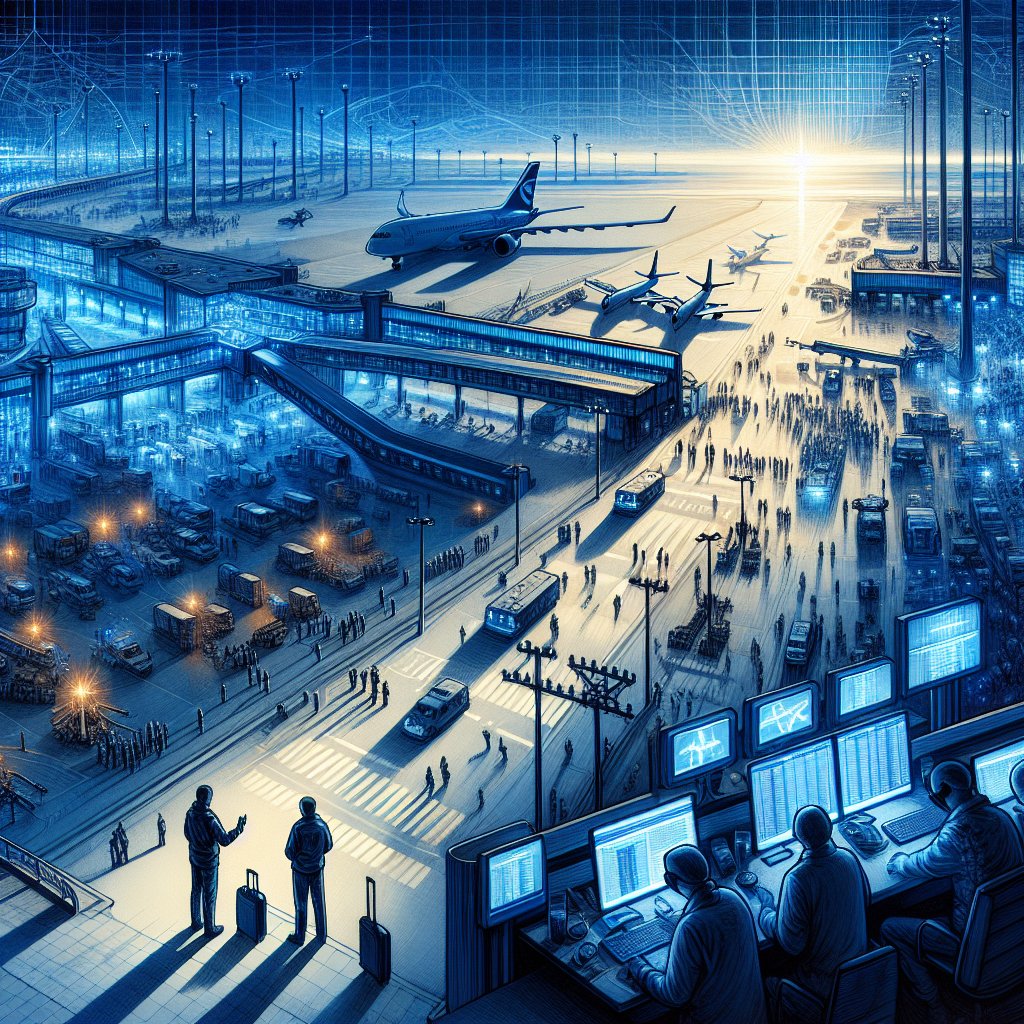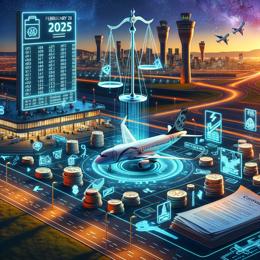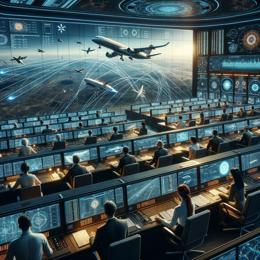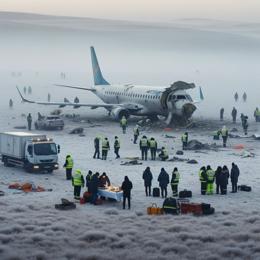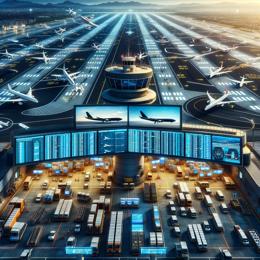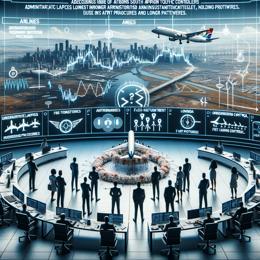Image created by AI
Infrastructure Breakdowns at SA Airports Lead to Delays and Safety Issues
South African airports and air traffic control have been hit by a series of infrastructure failures, causing considerable setbacks for airlines, tourists, and passengers due to costly delays and raised safety risks. The Airlines Association of South Africa (Aasa) brought these issues into the spotlight, laying out how these challenges have led to disruptions and the questioning of standards within aviation infrastructure.
Aasa's Chief Executive, Aaron Munetsi, voiced concerns about the apparent negligence towards the aviation sector by those in charge of its oversight. He emphasized the critical role air connectivity plays in economic development and how the current issues undermine this.
Aasa has been critical about the recent power outage at Cape Town International Airport, which caused widespread delays. Added to this, the Air Traffic Navigation Services (ATNS) indefinitely suspended flight approaches to several airports, including George, Umtata, Kimberley, Upington, East London, and Polokwane, when they missed a deadline to update critical flight procedures.
The decision to suspend operations at these airports was rooted in ensuring passenger safety, explained ATNS COO Josia Manyakoana. He assured that steps were being taken towards resolving the issues, with plans to submit revamped procedures to the Civil Aviation Authority by the end of August. Despite these assurances, delays have ensued due to maintenance and safety reviews.
The reaction from the industry has been one of frustration. Wayne Duvenage of the Organisation Undoing Tax Abuse urged for the removal of ineffective officials, highlighting a lack of commitment to the core mandate of aviation safety. He pointed to frequent changes in the Department of Transport leadership as a hindrance to establishing continuity and serious oversight.
Munetsi delineated the financial implications of such infrastructural shortcomings for airlines, which are not just limited to fuel costs from delays and diversions but also extend to servicing aircraft and taking care of stranded passengers and crew, with no means of claiming compensation.
The infrastructure woes do not end there; according to Munetsi, the Department of Home Affairs' biometric system at immigration points is dysfunctional, leading to long queues and frustration among international travelers.
Such breakdowns not only upset airline operations but also have wider economic repercussions across various sectors reliant on aviation. The absence of a clear timeline exacerbates the issue, shaking confidence in South Africa's aviation reliability.
In response to these developments, Manyakoana from ATNS emphasized the importance of keeping operations safe while regretting the inconvenience caused. The current state of infrastructure, as Duvenage points out, signals a disturbing lack of accountability and leadership that could culminate in a transport industry crisis if left unattended.
